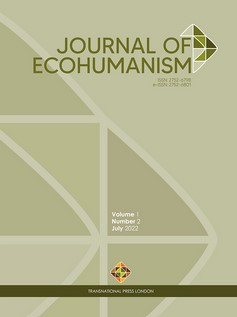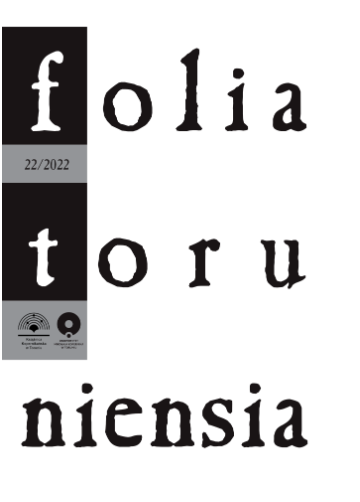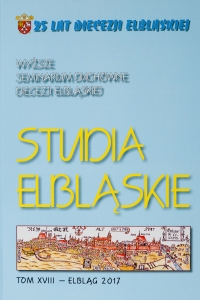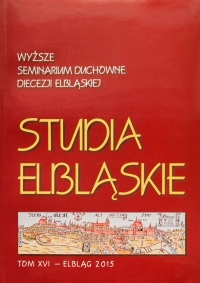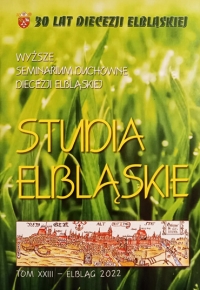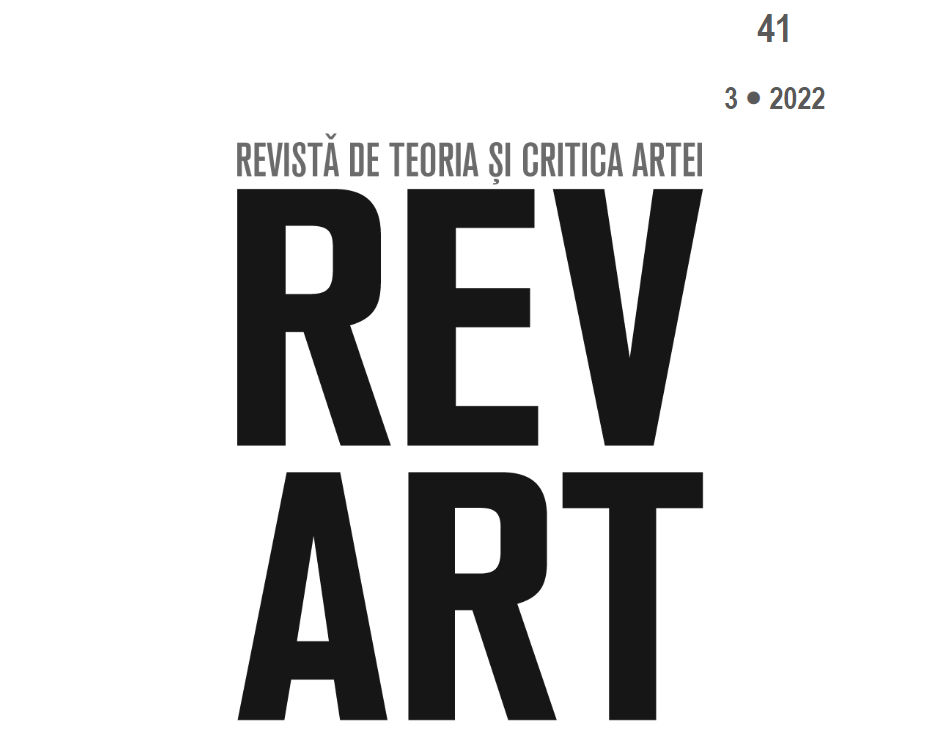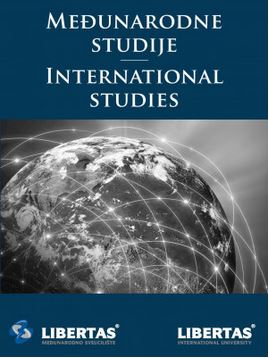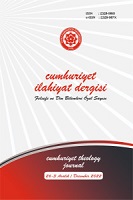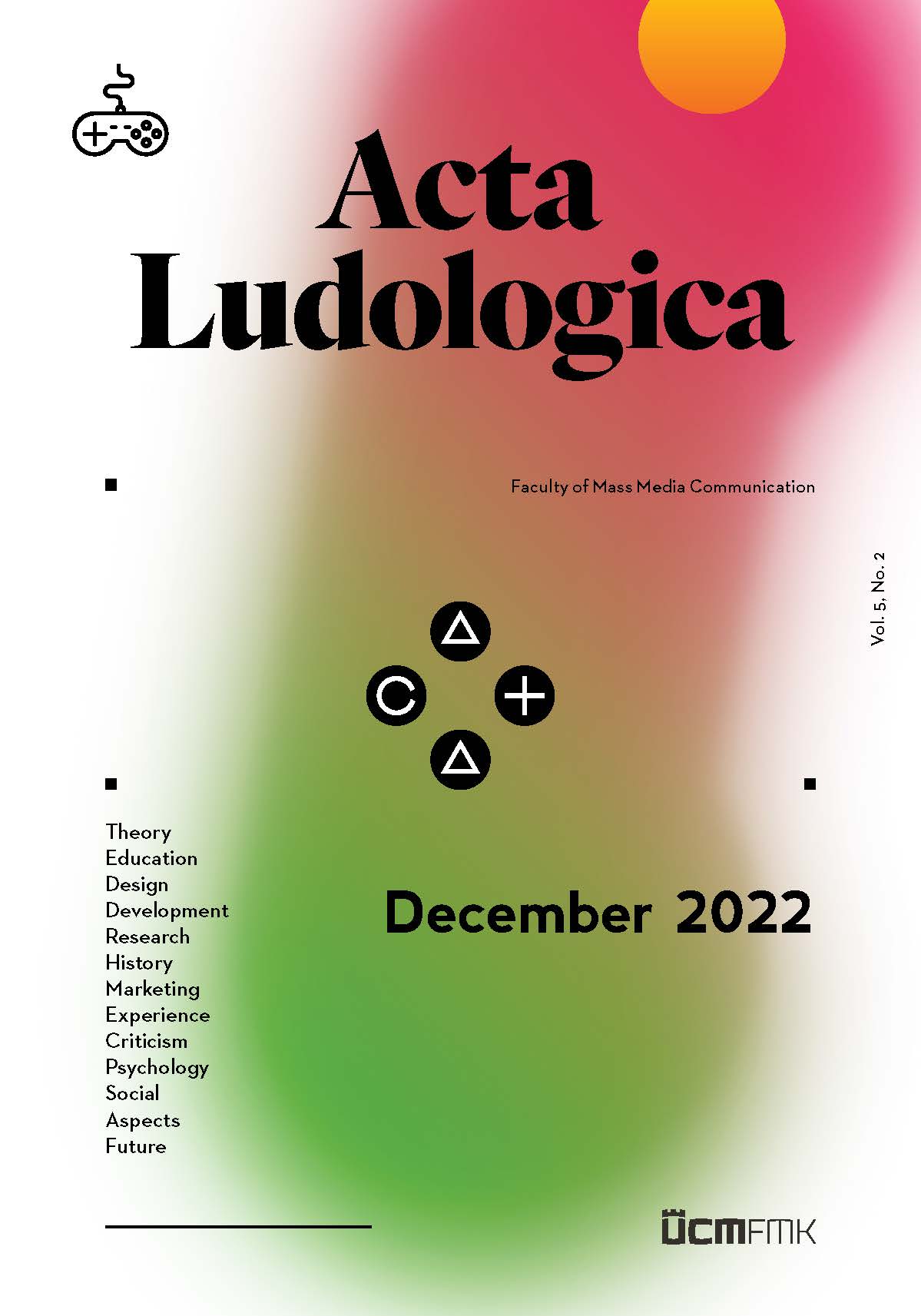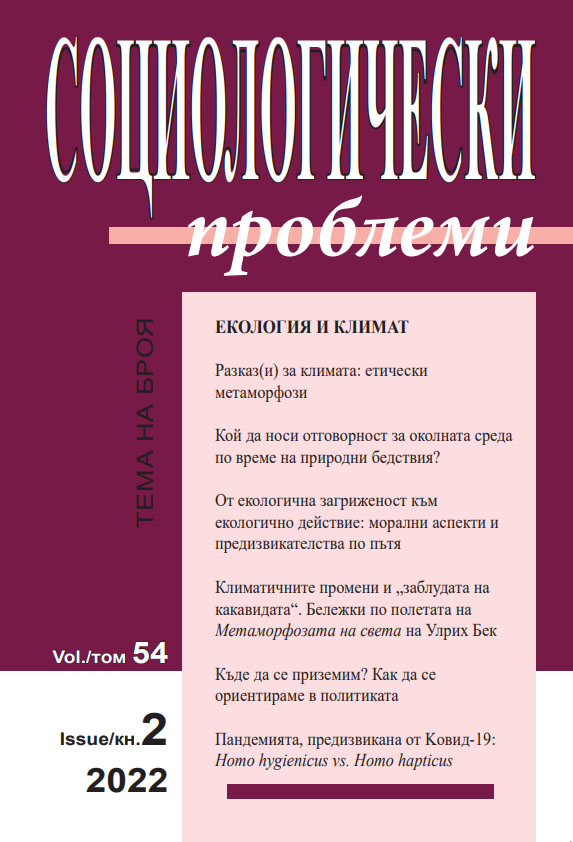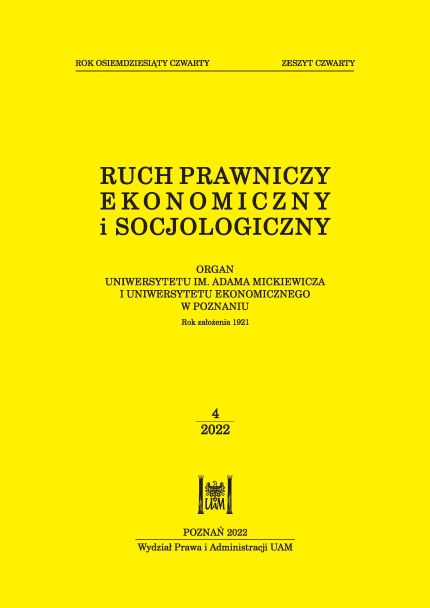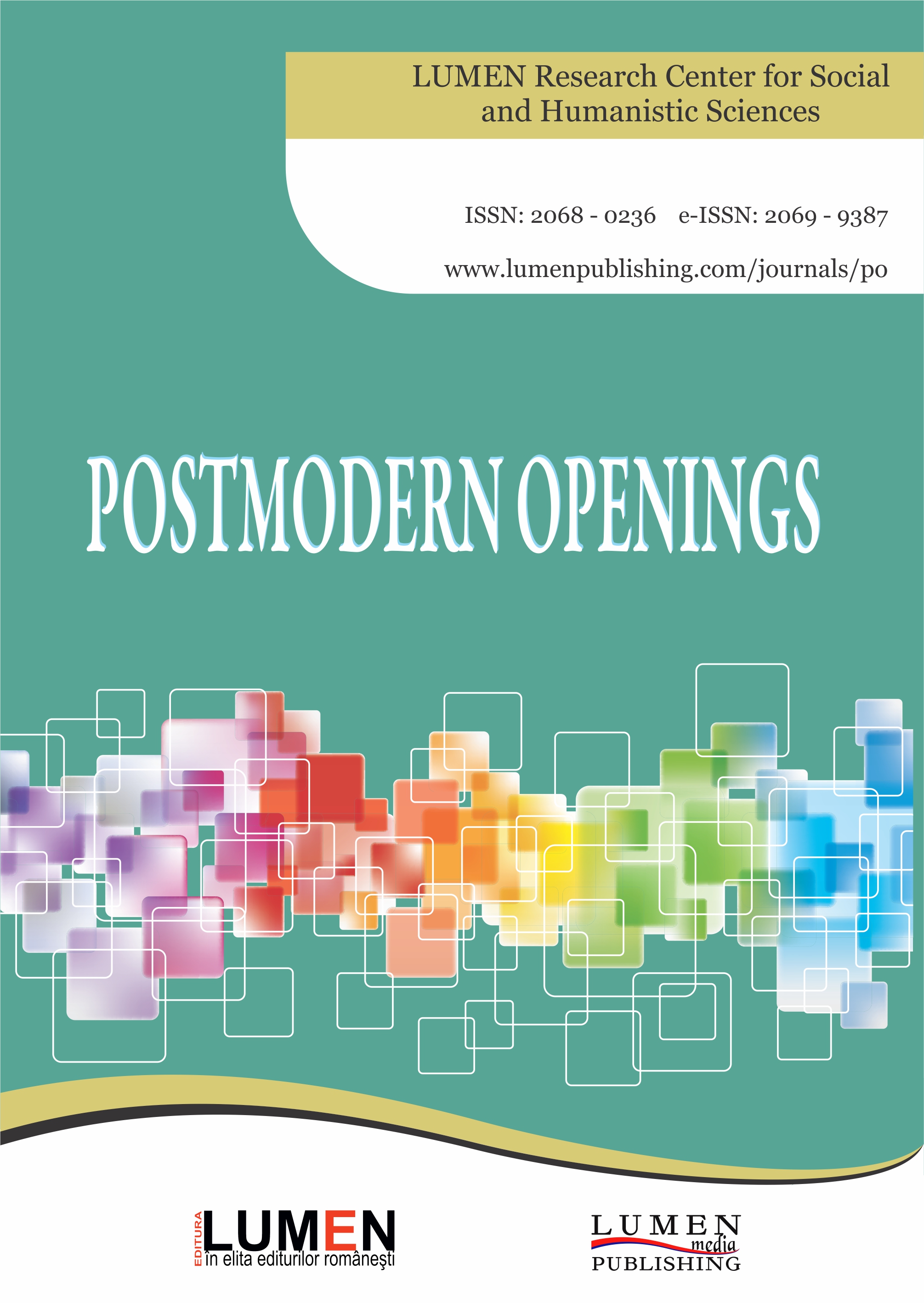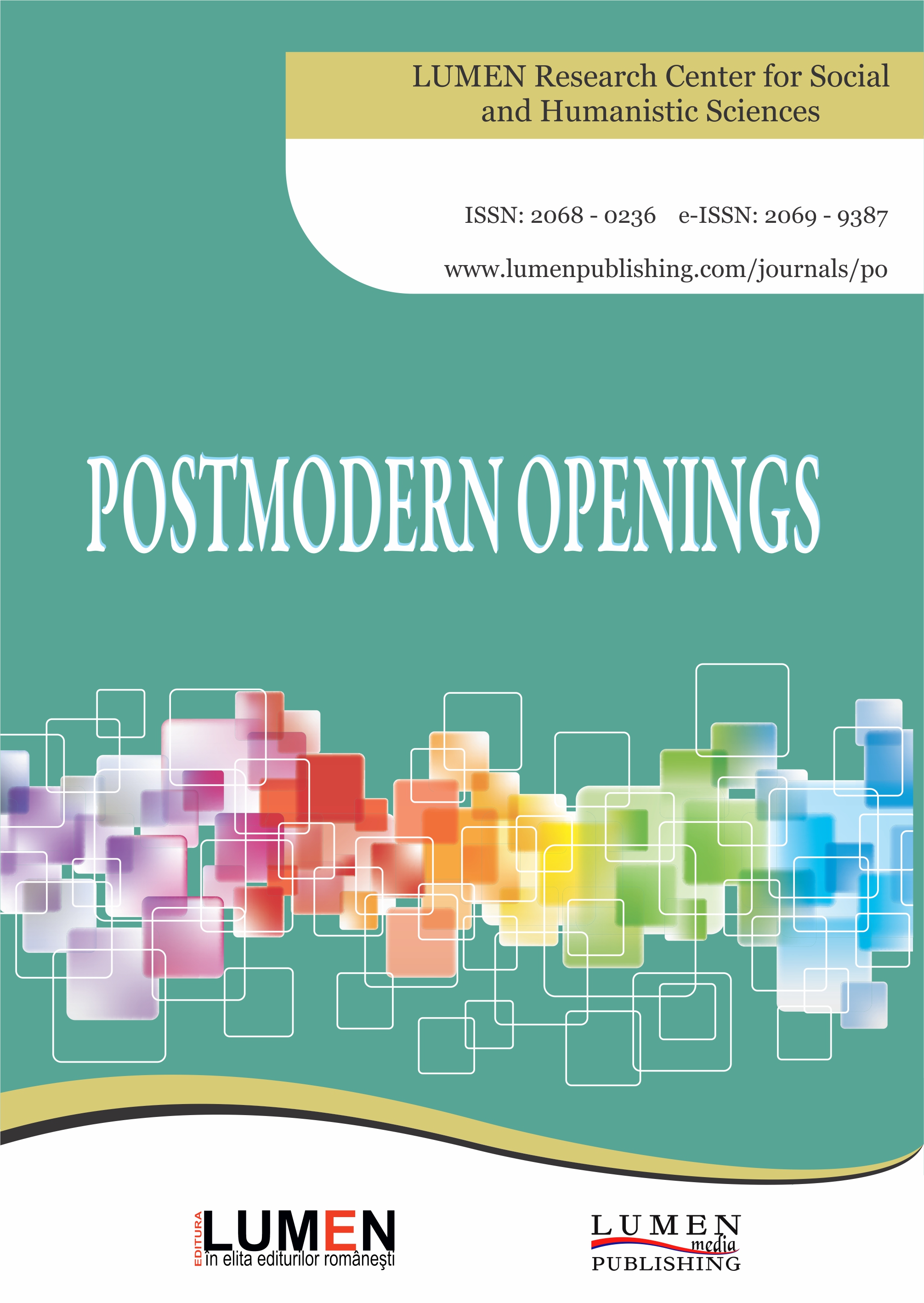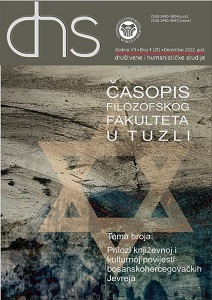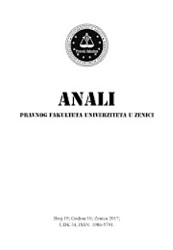Author(s): Betül Akdemir Süleyman / Language(s): Turkish
Issue: 3/2022
The ethics of belief involves an inquiry into what beliefs are legitimate to hold, including religious beliefs. Whatever the criteria determined in such an investigation, adopting a belief that does not meet this criterion is seen as illegitimate and it is considered an ethical violation. English mathematician W. K. Clifford (d. 1879) defines “sufficient evidence” as a criterion in his famous essay, “The Ethics of Belief”. Clifford’s evidence-centered argument becomes one of the most frequent references in the evidentialist objection against theism. It turns out that this argument is not functional in the face of the diversity of beliefs. In this context, different suggestions are presented about what the ethics of belief could be. American philosopher William James (d. 1810), one of the founding names of pragmatism, offers a new proposal. In his classic work, “The Will to Believe”, James claims that Clifford is wrong in seeking the requirement of evidence for all beliefs. Because it is not possible to prove beliefs from the passionate nature of human beings, especially religious beliefs. Following this distinction, James proposes a new criterion for religious beliefs: a religious belief can be vivid or dead, forced or avoidable; and momentous or trivial. If a religious belief is vivid, forced, and momentous, it is necessary to have the courage to believe in it instead of suspending it. James' proposal is often valued as a strong counter-challenge or defense of religious beliefs. However, this argument also has aspects that are open to criticism. One of them is that the will to believe argument concurrently accepts conflicting religious beliefs or, in other words, confronts the issue of religious diversity. According to J. Hick, for example, this argument inevitably results in religious pluralism, even though James does not want to. Contrary to Hick, S. F. Aikin claims that the will to believe does not result in religious pluralism. According to Aikin, who draws attention to the relationship of argument with pragmatism, James obscures religious beliefs and removes them from being claims about truth. Therefore, there is no contradiction in the classical sense. So, which of the objections is valid? Does the will-tobelieve argument result in religious pluralism by legitimizing more than one religious belief at the same time, or does it make a purely pragmatic proposition by devaluing religious beliefs? Which religion do I have the right to believe in according to the will to believe? The aim of this article is to provide an answer to the mentioned question. In the article, unlike the current evaluations, it is argued that the argument is closely related to James's theory of knowledge, radical empiricism, not pragmatism as it is usually made. For this purpose, after showing the relationship between the arguments of Clifford and James, the argument will be reexamined in this context and it will be revealed that James has two steps regarding religious beliefs: to make religious beliefs independent from factual beliefs; leaving theism to accept a monistic vision of God and basing religion on mystical experience, which is an emotional experience. As details emerge, it will become clear that James defends a natural religion that excludes traditional religions in his philosophical system and that he defends the beliefs of a humanized religion. With an individual definition of religion based on emotion, James on the one hand ensures the commonality of religious feeling, on the other hand, he makes religion independent from the field of facts. Therefore, with this study, it will be seen that the argument of the will to believe does not aim to legitimize believing in traditional religions, and diversity is not a fundamental problem.
More...



